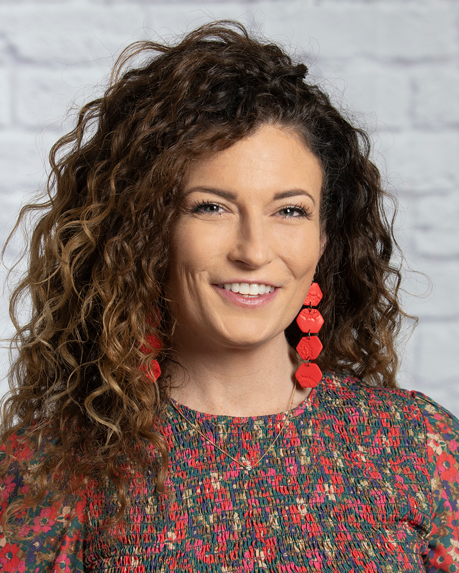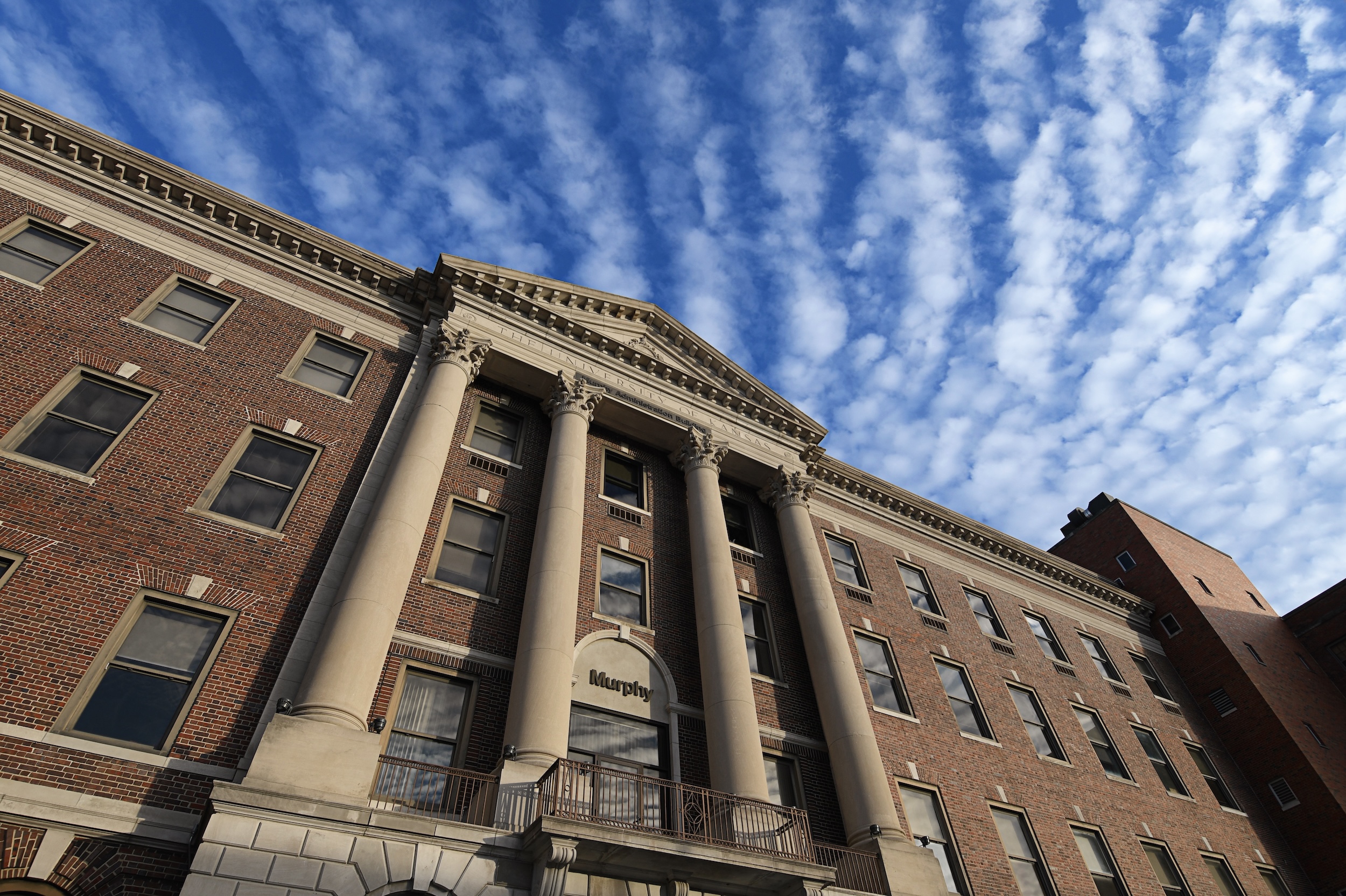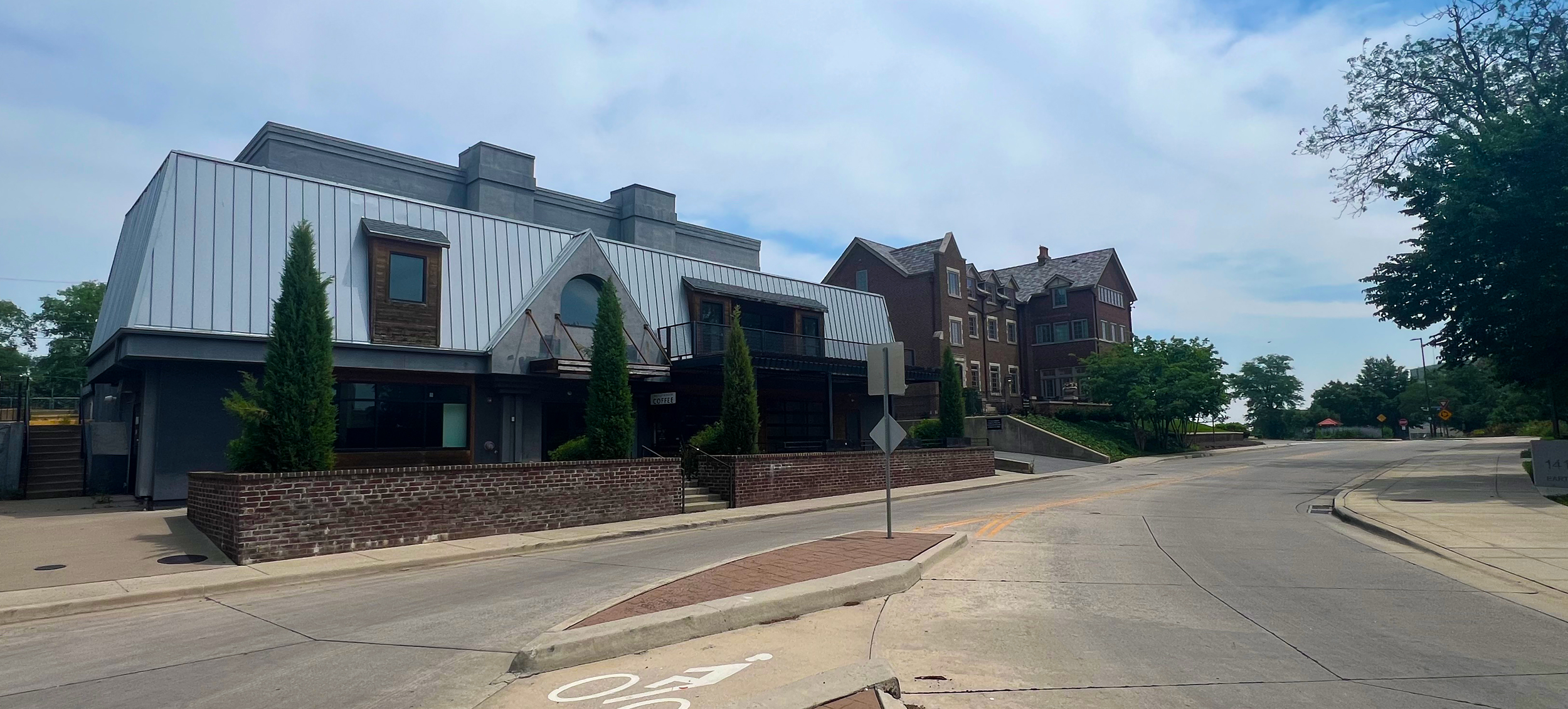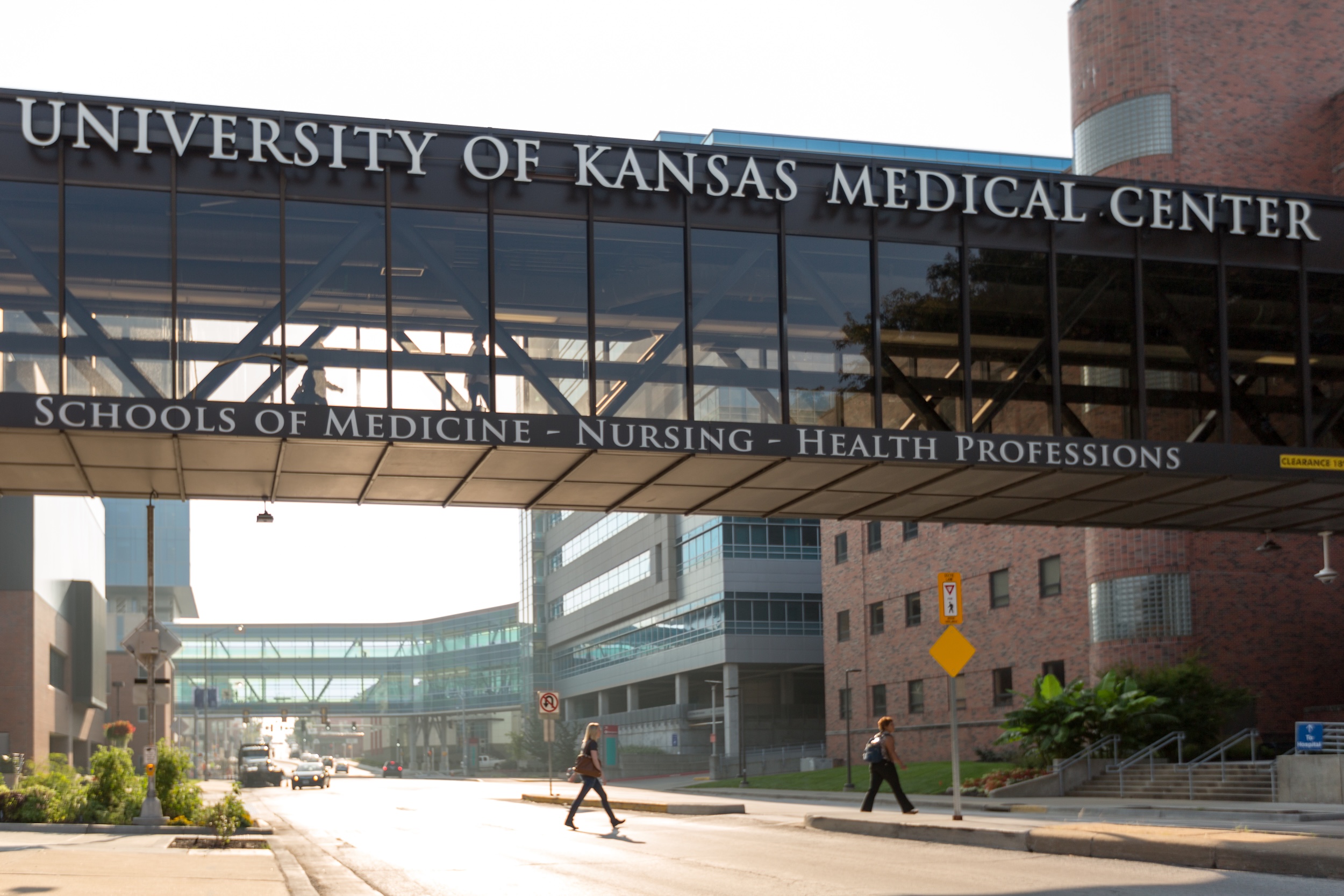KU Giving Magazine
Alzheimer’s researcher at KU Medical Center receives Chancellors Club Research Award
September 23, 2020
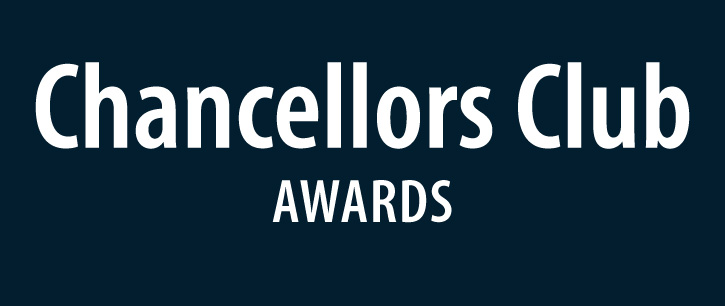
Jeffrey Burns has been hailed by his peers for putting the University of Kansas Medical Center on the map in Alzheimer’s disease research— in particular, demonstrating how aerobic exercise benefits cognitive function and helps slow Alzheimer’s disease progression.
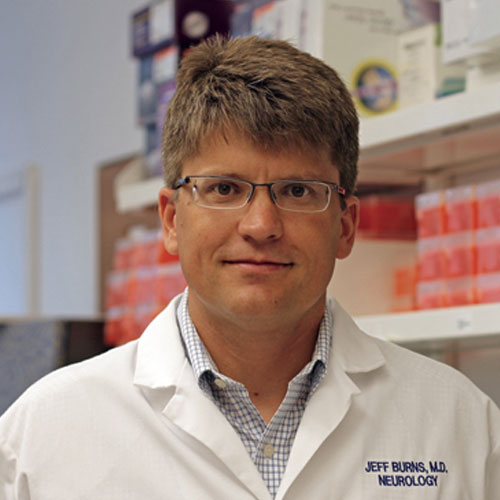
Burns, a physician with nationally recognized achievements in neurogenerative disease research and co-director of the KU Alzheimer’s Disease Center, is the 2020 Chancellor’s Club Research Award honoree at KU Endowment.
Since arriving at KU Medical Center as a faculty member in 2004, Burns has led the charge in research of Alzheimer’s disease. That year, he founded the KU Alzheimer and Memory Program, one of the initial steps toward building the KU Alzheimer’s Disease Center.
After years of studies and clinical trials confirming the link between cognition and aerobic capacity in aging adults, Burns and his colleagues received national designation and funding in 2011 from the National Institute of Aging for the KU Alzheimer’s Disease Center.
Preventing Alzheimer’s disease and curing it in those who have it have always been Burns’ primary focus with his research. The work that he envisioned in 2004 has grown into the current multidimensional program, which has many facets addressing the effects of Alzheimer’s in the community.
“We’ve developed a cognitive care network, which works with primary care doctors, and we’ve started to move it out across the state,” Burns said. “Also, we want to impact the lives of people who are dealing with Alzheimer’s, including family and caregivers.”
In his nominating letter, Gary Gronseth, professor and chair in the Department of Neurology at KU Medical Center, said Burns came to KU Medical Center with a vision for his research and a plan to use that research as a building block for the KU Alzheimer’s Disease Center.
“His persistence, effort and tenacity directly led to this success — a new, dynamic, grant-supported research center dedicated to basic science, translational and clinical research in Alzheimer’s disease,” Gronseth wrote.
In addition to his work with the Alzheimer’s Disease Center, Burns is the Edward H. Hashinger Professor of Medicine in the Department of Neurology and directs the Frontiers Clinical and Translational Science Unit. He is a sought-after speaker and a mentor to students and aspiring researchers in Alzheimer’s disease and other fields.
Burns is grateful for the recognition he and his team are receiving. He recalled attending a KU basketball game in 2004, when Paul Cheney, then a neuroscience researcher and chair of the Department of Molecular and Integrative Physiology, was brought out to the court at halftime to receive the same award.
“I had so much respect for him, and I congratulated him later at the game,” Burns said. “And now, 16 years later, to be honored in this way, it’s just huge. “
The Chancellors Club was founded in 1977 and recognizes donors who give $1,000 or more annually to the Greater KU Fund. As an honoree, Burns will receive a $10,000 award and recognition at a future Chancellors Club celebration.
KU Endowment is the independent, nonprofit organization serving as the official fundraising and fund-management organization for KU. Founded in 1891, KU Endowment was the first foundation of its kind at a U.S. public university.
Posted on
September 23, 2020
Share this article
Connect with Us
